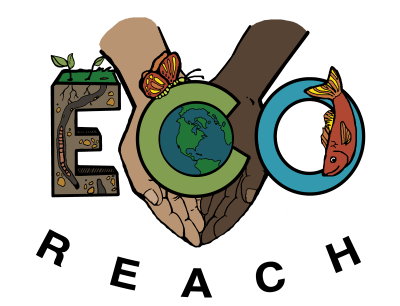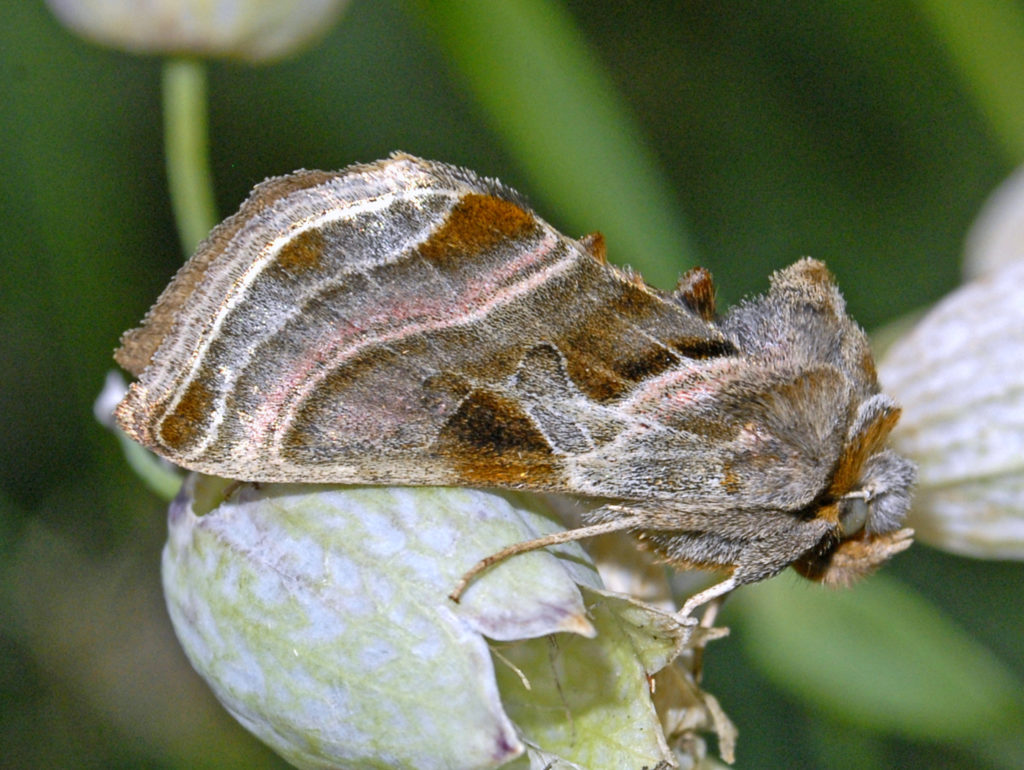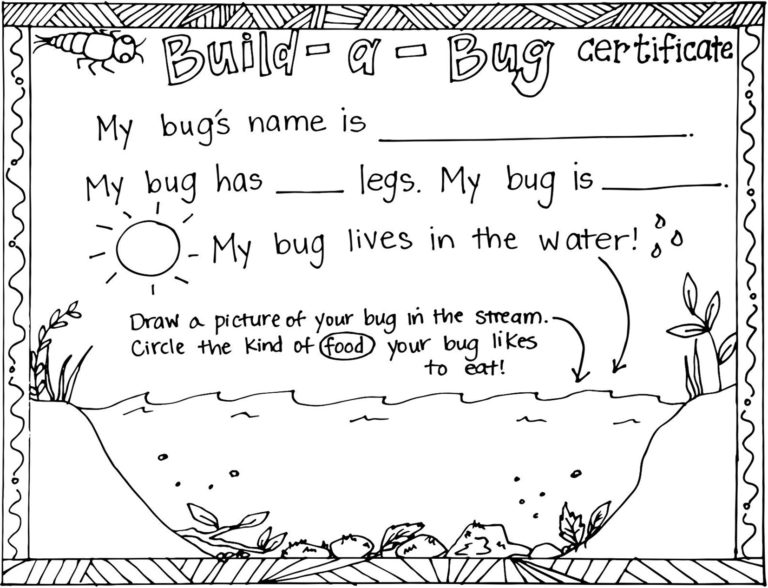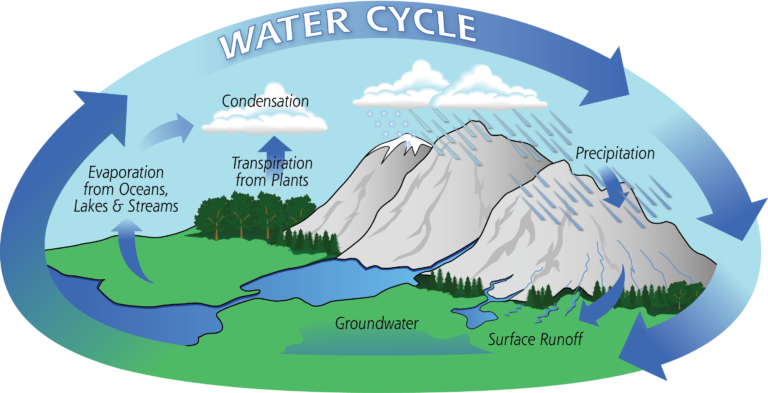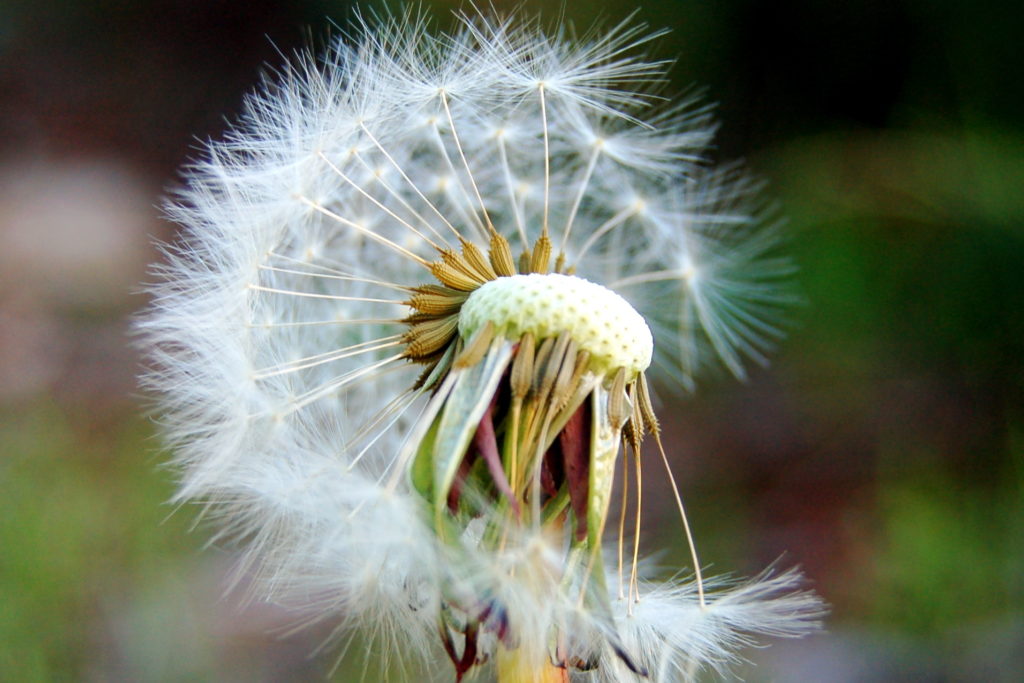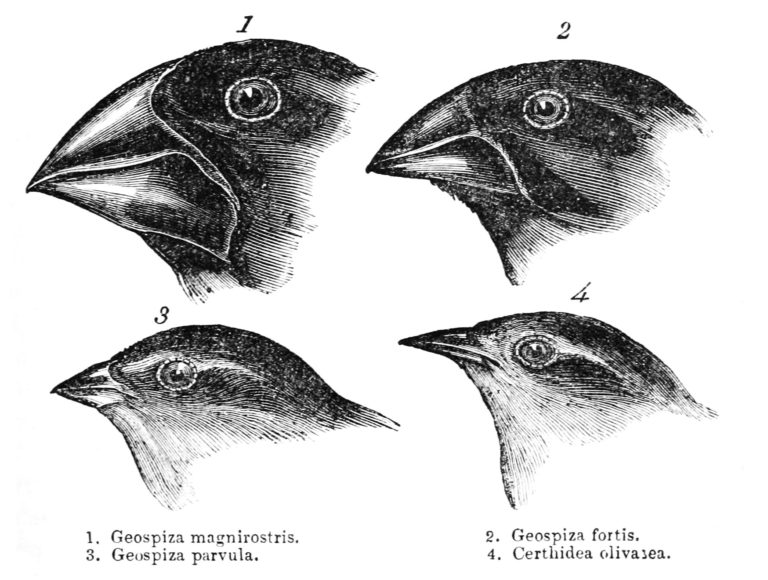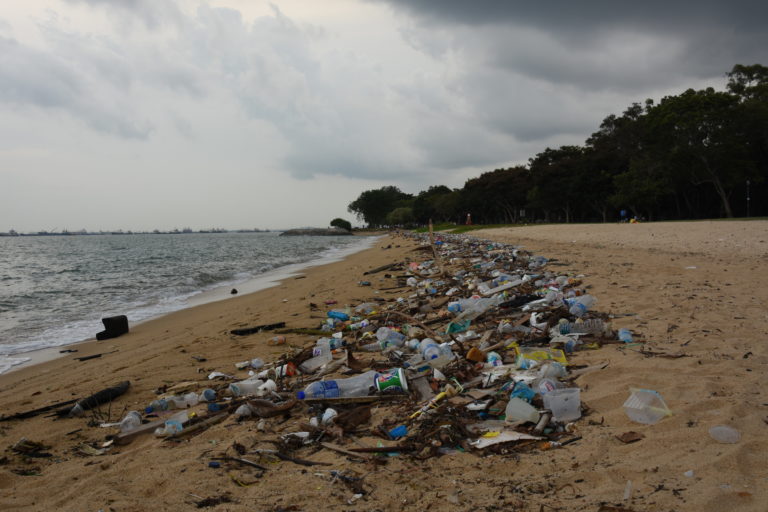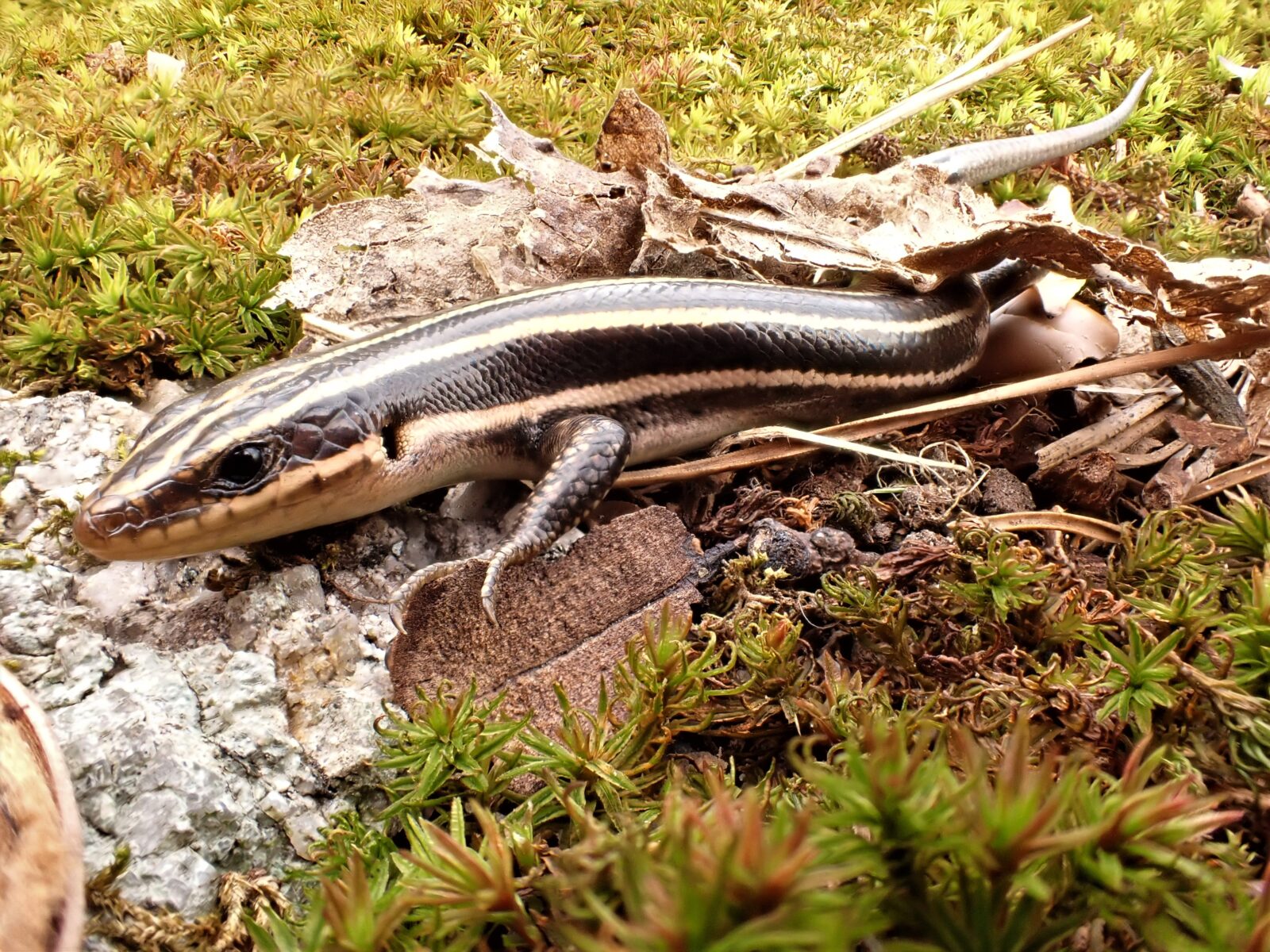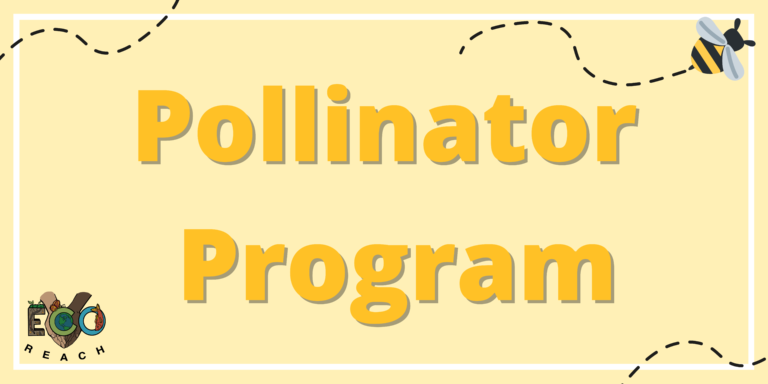Types of Lessons
EcoReach participants design creative, hands-on activities as well as presenting basic information about ecology topics in the form of In-person or Virtual presentations. Some programs include hands-on scientific experiments, art projects, role-playing activities, reading literature, or guided nature walks. We target our activities to specific grade levels ranging from kindergarten through high school.
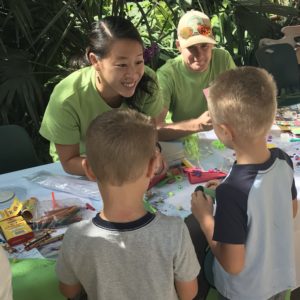
Topics of discussion
EcoReach has developed programs on a diverse range of topics, such as: Aquatic Macroinvertebrates, Plastic Pollution, Pollinators and Plants, Firefly Monitoring, Birds and their Adaptations, Birding and using Binoculars, Groundwater Flow, Water Resources & Land Use, Butterflies, All About Moths, Tropical Rainforests, and Biomes of the World.
Also check out our selection of Virtual and At-home Activities that can be done independently.
We continue to diversify our range of topics and are also excited to work with educators to offer personalized lesson plans and programming for educators based on the needs of their students. We emphasize developing programs to supplement schools’ objectives while also fulfilling the requirements of the state curriculum guidelines.
List of lessons and activities
| Name of activity | Grade level | Topic | Description |
|---|---|---|---|
| Build-a-Bug | Elementary school | Nature | Learn ecological adaptation of insects by making a brand new bug! |
| Pollinators and Me - Amana Academy | 1-3rd grade | Pollination | Series of presentations about pollination |
| Pollinators at work - ACC library | 3-7th grade | Pollination | |
| Caddisfly Cases | 3-6th grade | Water quality | Learn the ecology and life stages of a caddisfly by making a caddisfly model |
| Survival of the Fireflies Plinko | Elementary school | Conservation, fireflies | Learn about the ecology and conservation of fireflies through a fun Plinko board game |
| Water Cycle Bracelets | K - Elementary school | Water cycle | Make a bracelet that represents the water cycle |
| Water Cycle in a Bag | Elementary - middle school | Water cycle | Learn about the water cycle by recreating it in a bag |
| Explore your local stream | Elementary school | Water | Flip over some stones and find some bugs |
| Float or Sink | Elementary school | Water | Explore what items in nature float and sink in water |
| Past/Present/Future of Water | Elementary - middle school | Water, evolution, adaptations | Discussion on various lifeforms associated with water throughout evolutionary time |
| Darwin's Finches | 7th-8th grade | Birds | Demonstrate evolution of the famous Darwin's finches using cutlery |
| Ecology Careers | Middle - high school | Career | Presentation on careers in ecology |
| Disease Spread Activity | 4th-5th grade | Disease | Demonstrate disease spread and control using fluorescent paint |
| Wildlife parasites | 7th grade | Parasites | Demonstrate pathogen spread through various games |
| Zoonotic Diseases | Middle - high school | Disease | Presentation and documentary on zoonotic diseases followed by a bingo game |
| Ecosystem Jenga | 3rd - 4th grade | Ecosystem | Demonstrate mutual dependance of ecosystem components through a game of Jenga |
| Ecosystem Roles | 4th-5th grade | Ecosystem | Fun game to identify components of the food web |
| Marine Biology Program | Elementary - middle school | Conservation, ocean | Multiple activities about high pressure in oceans, food webs and challenges posed by oil spills |
| Pollinator Cheese Actvity | Elementary school | Pollination | Demonstrate pollination using cheese powder and pipe cleaner |
| Where's the Water | 7th grade | Water cycle | Lecture and quiz on locally and globally finite water resources |
| Watershed Mapping | High School | Watershed | Create a map of a watershed and learn about human use in it |
| Macroinvertebrate Bioassessment | 9th Grade | Water | Learn how to assess the water quality of a stream by identifying the insects found in it |
| Survive the drought | 7th grade | Water | A game to demonstrate how some organisms are better equipped to survive a drought than others |
| All About Daphnia | Elementary - middle school | Water quality, daphnia | |
| Animal Adaptations | 4th Grade | Adaptations | Activity to learn about animal adaptations to survive in different habitats |
| Nature Scavenger Hunt | Kindergarten- 1st Grade | Nature | Scavenger hunt to learn about the living and non living things on a nature trail |
| Food Web | 7th grade | Food web | Arrange organisms to construct a food web |
| Invasive & Native Species | 1st -3rd grade | Invasive Species | Categorize a list of animals and plants as native and invasive |
| Invisible Water Use | 6th-8th grade | Water | Demonstration of finiteness of fresh water resourrces and a quiz to learn water required for manufacturing different products |
| Rain Garden Lesson | 3-5th grade | Rain garden | Demonstrate natural filtration of contaminated rain water using food colouring and various substrates |
| Seed Fight Club | Elementary school | Seed dispersal | Learn about seed dispersal mechanisms, and design and fly a wind-dispersed seed |
| Backyard Birding | Elementary school | Birds | Learn how to use binoculars and identify birds in your backyard |
| Weaving the Web | 2nd-5th grade | Food webs | Learn about energy flow in food webs using students as organisms and yarn as energy flowing between them |
| Range Expansion Activity | Elementary school | Range Expansion |
Scheduled activities for fall 2025
Powered By EmbedPress
Explore EcoReach's at-home Activities:
At home activities and games for kids and students (K12) to learn about environmental and ecological concept, while having fun!
All About Moths
Moths are insects that are closely related to butterflies. They both belong to the order Lepidoptera. Moths are usually active at night and rest during the day.
Build-a-Bug Workshop
Did you know that there are some insects that spend most of their lives underwater in streams, rivers, and lakes?
Water Cycle Bracelets
Craft your very own Water Cycle Bracelet while learning how water moves through the Earth’s water cycle.
Seed Fight Club Activity
Seed Fight Club is a creative activity that teaches students about resource competition and seed dispersal. Instructors should first give a short lesson on what plants need to grow and survive in a competitive environment and how seed dispersal can help.
Darwin's Finches Activity
In this activity, you will use different “beaks” (forks, spoons, knives, and cups) to collect different types of “food” (anything you can find around the house that is small enough to be picked up with the tools mentioned above)! You will do this in three different “environments” (bins).
Plastic Pollution
How long does it take for items that we all use every day to degrade in the ocean? Plastic pollution in the world’s oceans has become a widely-recognized problem for ecosystems worldwide, but especially for marine ecosystems.
Backyard Critters
Pollinator Program
This program contains multiple activities talking all about pollinators and why they’re important. Learn about what type of pollinators exist and how pollination works!
